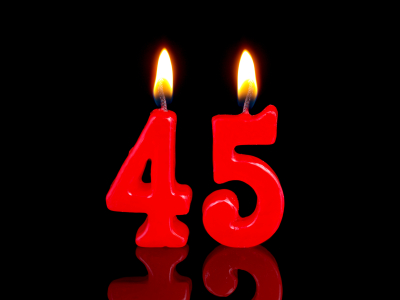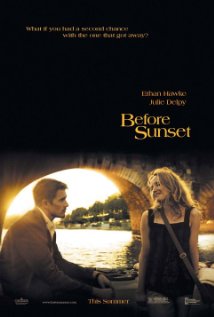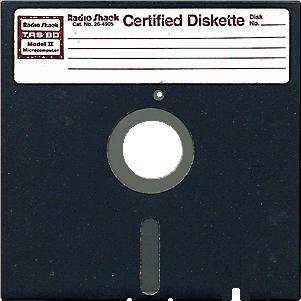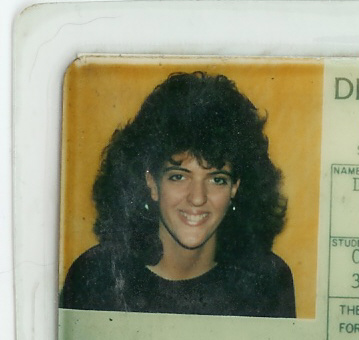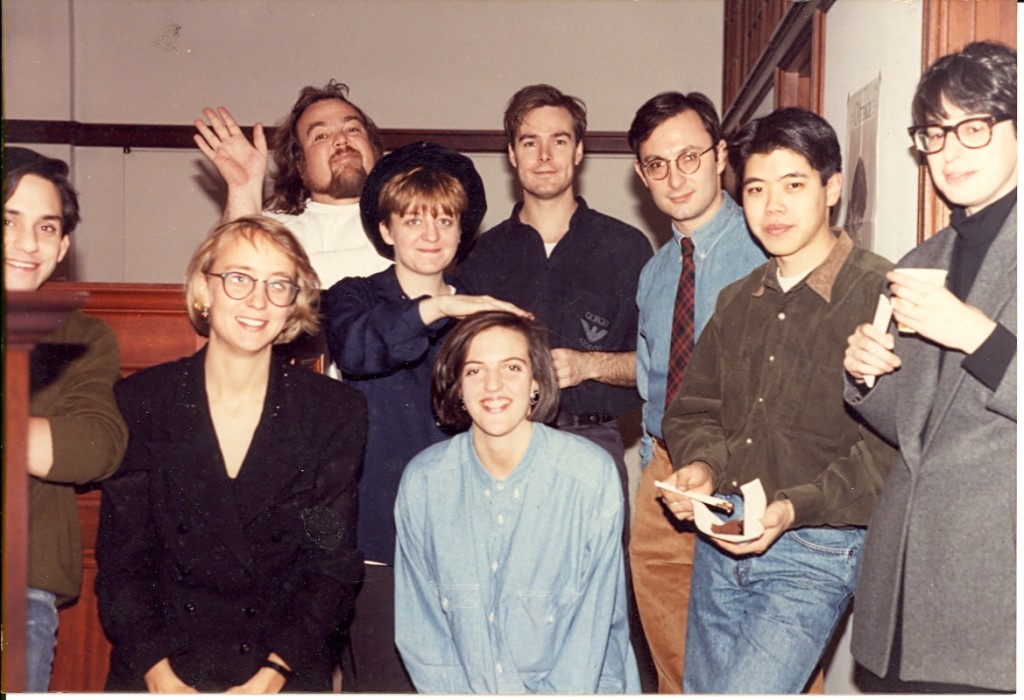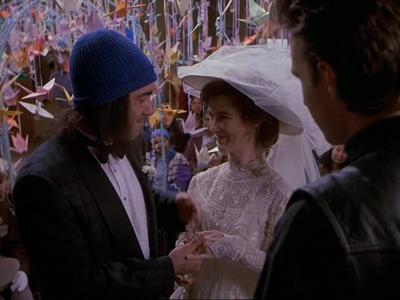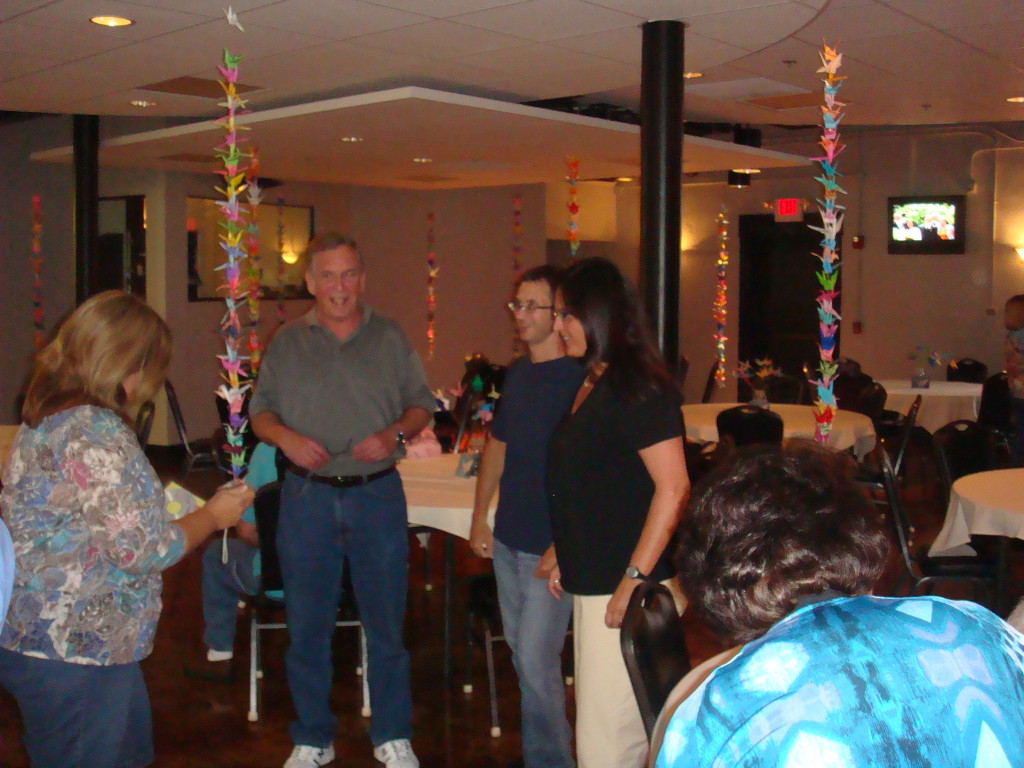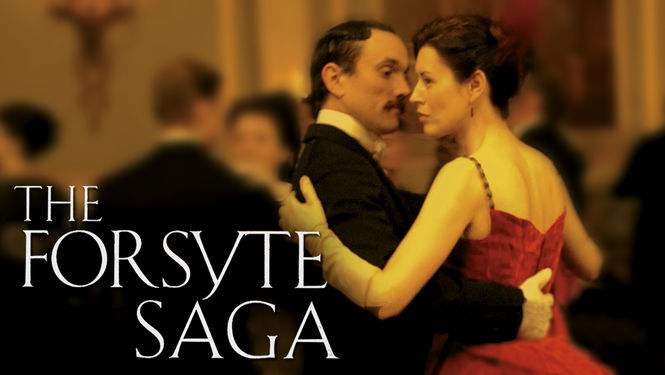I’ve had marriage on the brain for the last few months. Here’s why:
- Today is my fourth wedding anniversary.
- We’re getting some marriage counseling.
- I’m writing a novel, which is about–among other things–why people get married.
I read an article recently which said Year Four is when the euphoric stage of “passionate love” fades and “mature love” begins. Yep, I believe it. I’ve never been so blissfully happy in my whole life as I was during our first year or two together, and right on schedule, our marriage has been tested recently.
Before I Got Married
It wasn’t that long ago that I was 37 and single, and all I could think about was love and marriage, chance and fate. Why had my life turned out the way it had? Was there anything I could do to change it, or did it need changing at all?
I challenged myself to find out these answers, and then I wrote a strange little book about it: Comeback Season: How I Learned to Play the Game of Love. It’s about the Colts 2006 Super Bowl season, and about my season of dating. Imagine a mashup of a smart rom-com and an inspirational sports movie. When Harry Met Sally meets Hoosiers.
Sports metaphors have always resonated very strongly for me, and there was one that I kept going back to again and again. Vince Lombardi said:
There are approximately 150 plays in a football game, and there are only three of four plays in any game which make the difference between winning and losing. No one know when the big play is coming up. Therefore, every player must go all out on every play.
I felt there was a lesson in that. Maybe I’d already met the “right” three or four people, but I’d let them go because I wasn’t paying attention. Maybe, in order to change my life, I needed to stop acting like I had all the time in the world and start paying attention.
So: that’s what I did. I went all out on every play, every day for a year, and holy shit, it nearly drove me insane. Here, I wrote about for SI.com.
Before Sunrise, Before Sunset
This is the full story of how I met my husband.
We met the first time in 1990 and got along very well, but then we lost touch–as people did in the pre-email, pre-Facebook days. Flash forward 18 years. He heard me on the radio talking about Comeback Season and got in touch. I remembered him immediately, although I’m not going to say that I spent those years pining for him. But I did think of him as one of those important plays out of the 150.
 The summer we started dating, the summer I was trying to decide if this man was the person I’d been waiting for, I happened to rent the Richard Linklater film Before Sunset.
The summer we started dating, the summer I was trying to decide if this man was the person I’d been waiting for, I happened to rent the Richard Linklater film Before Sunset.
Background: Jesse and Celine meet as twenty-somethings in Vienna in the first movie, Before Sunrise, and then nine years later they reunite as thirty-somethings in Paris in Before Sunset. They float down the Seine and reflect on the what-ifs. What if they’d exchanged phone numbers in 1994? What if? What if?
Celine says, “I guess when you’re young, you just believe there’ll be many people with whom you’ll connect with. Later in life, you realize it only happens a few times.”
LIKE MAYBE THREE OR FOUR?
They talk about the book that Jesse has just published about that night in Vienna, which is how they’ve reconnected: she read about him in a magazine.
Jesse: You want to know why I wrote that stupid book?
Celine: Why?
Jesse: So that you might come to a reading in Paris and I could walk up to you and ask, “Where the fuck were you?”
Celine: [laughing] No – you thought I’d be here today?
Jesse: I’m serious. I think I wrote it, in a way, to try to find you.
Celine: Okay, that’s – I know that’s not true, but that’s sweet of you to say.
Jesse: I think it is true.
And so, reader, I married him. Four years ago today.
It wasn’t just because of the movie, but yeah, it had something to do with it. Yes. And I’ll be honest: I’m a fiction writer, and I cannot deny that one reason why I married my husband is because I knew it was a great story. It’s like the happy ending of rom-com/sports movie. It gives people hope; I know this because people who’ve read the book write and tell me so. Here’s one I got the other day, as a matter of fact, from a woman who is getting married soon:
I was very much inspired by your real-life story…it gave me hope for my future too. And I’m SO glad to see that you two are so happy together!
Before Midnight and Mature Love
A few weeks ago, I saw the third film in the Linklater trilogy, Before Midnight.
 Jesse and Celine are finally “together,” but things aren’t blissful. In fact, the movie contains a wonderful, 30-minute knock-down-drag-out fight. I saw the movie with a bunch of friends my age, and we laughed ruefully throughout. What fascinated me about the movie was its realistic depiction of a mature relationship. How do people stay together over the long haul? I really want to know. And sentimental rom-coms aren’t going to give me the answer.
Jesse and Celine are finally “together,” but things aren’t blissful. In fact, the movie contains a wonderful, 30-minute knock-down-drag-out fight. I saw the movie with a bunch of friends my age, and we laughed ruefully throughout. What fascinated me about the movie was its realistic depiction of a mature relationship. How do people stay together over the long haul? I really want to know. And sentimental rom-coms aren’t going to give me the answer.
As I watched, I thought about the people (mostly married) who told me when I was going through my Comeback Season phase six years ago that I was just idealizing marriage, that marriage wouldn’t necessarily make me happy.
They were right. And they were wrong.
Take This Waltz and Happy Endings
There are two kinds of stories about love: the kind that ends with the big kiss/the declaration of love/the wedding, and the kind that begins there and moves into mature love. Happily-ever-afters vs. reality-ever-afters, and as you know, mainstream America loves the comforting, sentimental nostalgia of the former, not the big bummer of the latter.
But here’s the thing: our lives contain both of these stories.
When I was living the experience that was Comeback Season, someone close to me said, “You have to find love at the end of the book or nobody will want to buy it.”
[Remember, I didn’t meet my husband until after the book was published.]
I said, “But I didn’t meet anyone. No one special anyway.”
“Well, then just end the book at a moment when you are dating someone,” he said. “Give the reader some hope.”
This isn’t what I ended up doing, but the conversation did make me think a lot about where writers end “relationship stories” and why .
 One of the best films I saw this year was Sarah Polley’s Take This Waltz about a married woman (Michelle Williams) contemplating whether or not to have an affair. For most of the movie, I thought the dramatic question was “Which one of these two guys will she end up with: her husband or the neighbor?”[Spoiler alert!] Then she chooses the neighbor, and they embrace.
One of the best films I saw this year was Sarah Polley’s Take This Waltz about a married woman (Michelle Williams) contemplating whether or not to have an affair. For most of the movie, I thought the dramatic question was “Which one of these two guys will she end up with: her husband or the neighbor?”[Spoiler alert!] Then she chooses the neighbor, and they embrace.
If the movie had ended there, it might have been your typical rom-com. But it doesn’t end there. It keeps going. You get a montage of Williams’s relationship with the neighbor, which moves from passionate to mature (slightly dull) love. I’m not sure how much time passes in this montage, but for fun, let’s say four years. Clearly, Williams isn’t sure if she made the right decision leaving her husband, and her former sister-in-law (Sarah Silverman) says, “Life has a gap in it. It just does. You don’t go crazy trying to fill it like some lunatic.”
Mind the Gap
Last week, I took my husband out for his birthday. We had a perfect day. And I said, “Can you believe that just one week ago, we were fighting so bad I thought we were going to have to get a divorce?” And he said, “I don’t even remember that.”
If you’d ended the movie of our marriage a week earlier, it would have been as depressing as the day the Colts released Peyton Manning, but a week later, it was all Harry kissing Sally on New Year’s Eve/Rudy! Rudy! Rudy!/”You had me at hello.”
Being married isn’t one decision. Being married is deciding to stay married every single day. It’s hard. It’s boring. It’s not terribly cinematic.
A lot of people want to get married because they want to perform “Being Married” in front of other people–in real life and on Facebook.
I know you know what I’m talking about.
Maybe I’m guilty of this sometimes, too. I share our good moments, but not our bad. I don’t especially like admitting that my marriage isn’t perfect–there’s some shame involved in telling you that–but maybe if I tell you that I’m trying to mind the gap, it will help you mind it, too.
Maybe the best way to give you hope–whether you’re married or not–is to tell you that my own love story has Happy Ending Days and Bummer Ending Days, and that’s the way it’s supposed to be.


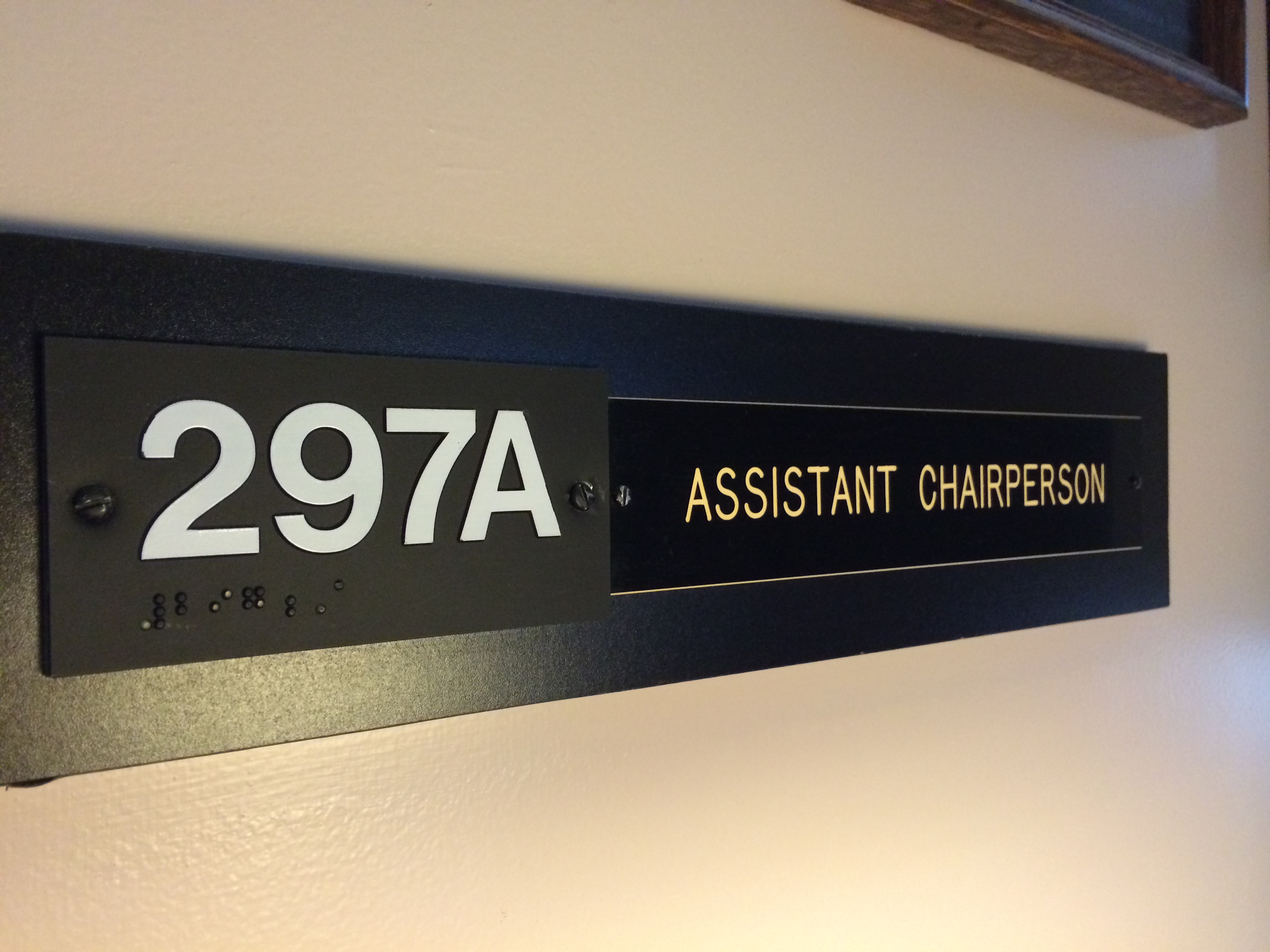
 A few of my thoughts today
A few of my thoughts today